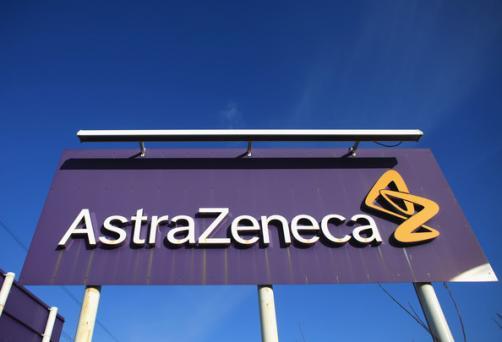Ireland, Netherlands suspend AstraZeneca COVID-19 vaccinations

Ireland and the Netherlands have joined Norway, Denmark, Bulgaria and Iceland in suspending vaccinations with Oxford/AstraZeneca’s COVID-19 vaccine, shortly after the World Health Organization came out in support of the shot.
In a statement, Ireland’s chief medical officer Dr Ronan Glynn said that vaccinations would be “temporarily deferred” from the morning of Sunday 14 March “following new information received from the Norwegian Medicines Agency".
Glynn says Norway’s regulatory authority has uncovered four new reports of serious blood clotting events in adults after receiving a dose AZD1222, but hasn’t established a direct link with the jab. The decision to suspend dosing was taken as a precaution, according to Ireland's National Immunisation Advisory Committee (NIAC).
https://twitter.com/roinnslainte/status/1371027418438307840
In Northern Ireland, people will continue to be vaccinated with the shot as it comes under the jurisdiction of the MHRA, said Minister of Health Robin Swann.
Ireland's move was followed swiftly by a similar decision in the Netherlands, which said it would halt the use of the AZ vaccine until 29 March.
The decisions come after the EMA started an investigation of a batch of AZD1222 after reports of clots in Austria, saying however that so far there is no indication that vaccination caused them and that the vaccine can continue to be used while the probe is underway.
To date, there have been 30 reported thromboembolic events in Europe after the vaccine was administered, according to the agency, which stressed that at the moment its benefits outweigh any risk. So far it has been administered to around 5 million people in the EU, and 11 million in the UK.
The WHO added its voice of reassurance on Friday, saying countries should continue to administer the AZ jab as no causal link with blood clotting had been identified, and the MHRA in the UK has also backed its safety.
More than 335 million doses of COVID-19 vaccines of all kinds have been administered globally so far and no deaths have been found to have been caused by them.
Commenting on the matter, the Southampton, UK-based Drug Safety Research Unit (DSRU) said that “reports of blood clots received so far are not greater than the number that would have occurred naturally in the vaccinated population, therefore the observed is not higher than the expected for these events".
That’s the position taken by AZ, which said in a statement that “an analysis of our safety data that covers reported cases from more than 17 million doses of vaccine administered has shown no evidence of an increased risk of pulmonary embolism, deep vein thrombosis or thrombocytopenia".
The DSRU said that investigations will focus on other clinical factors such as the timing between the dosing of AZD1222 and the blood clotting events, any history of clotting in the patients and other risk factors like obesity and smoking.
“We agree with MHRA and EMA that people should continue to be vaccinated with the Oxford/AstraZeneca vaccines and other authorised vaccines per their country’s vaccination programme,” said the unit in a statement.













